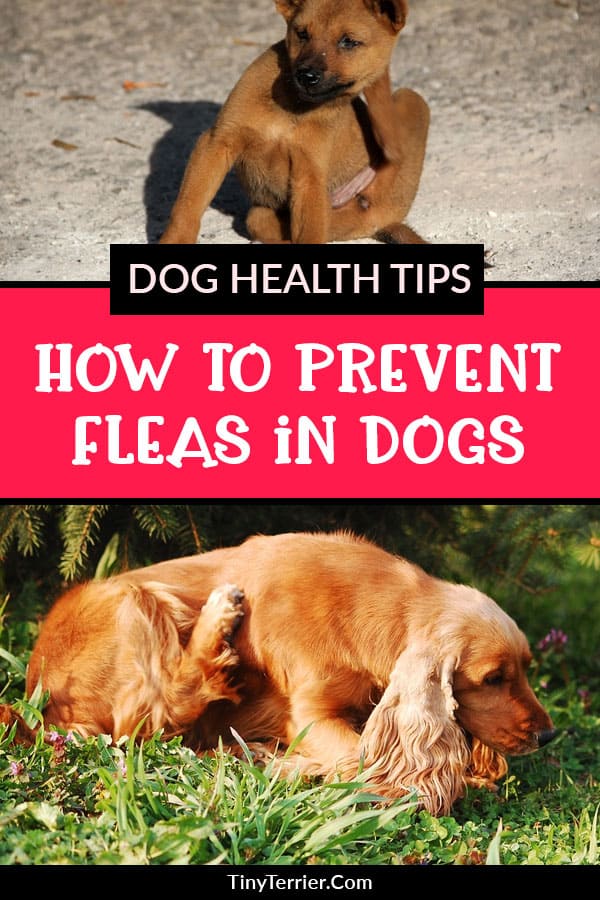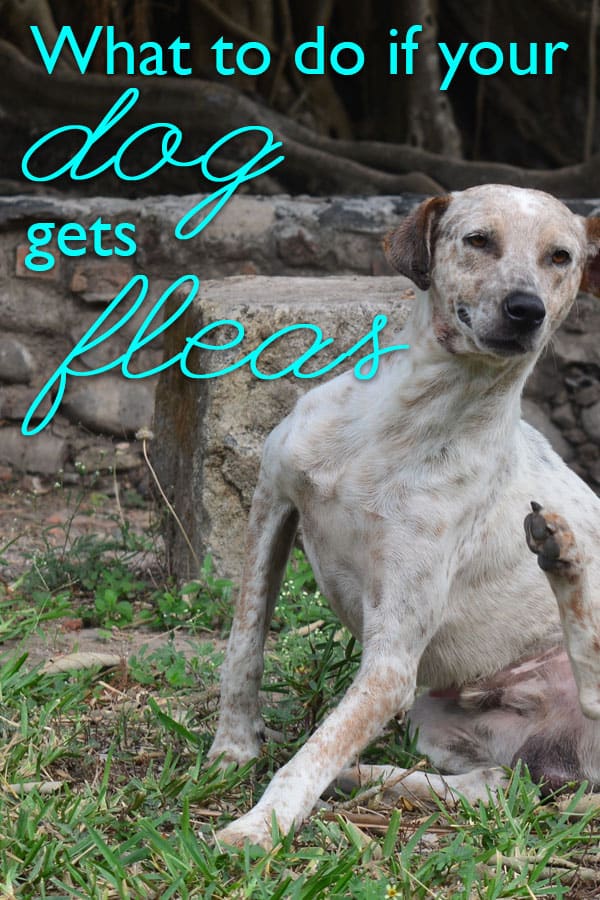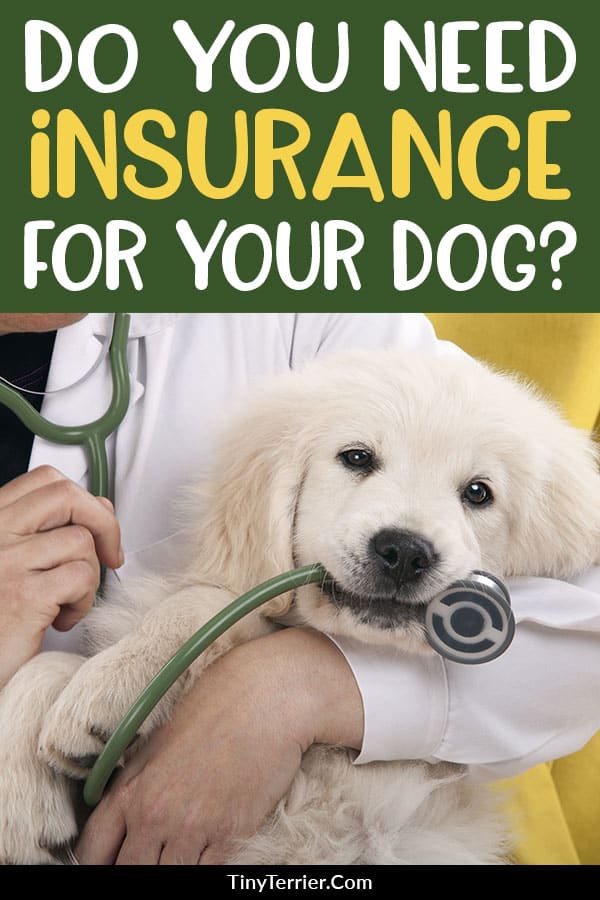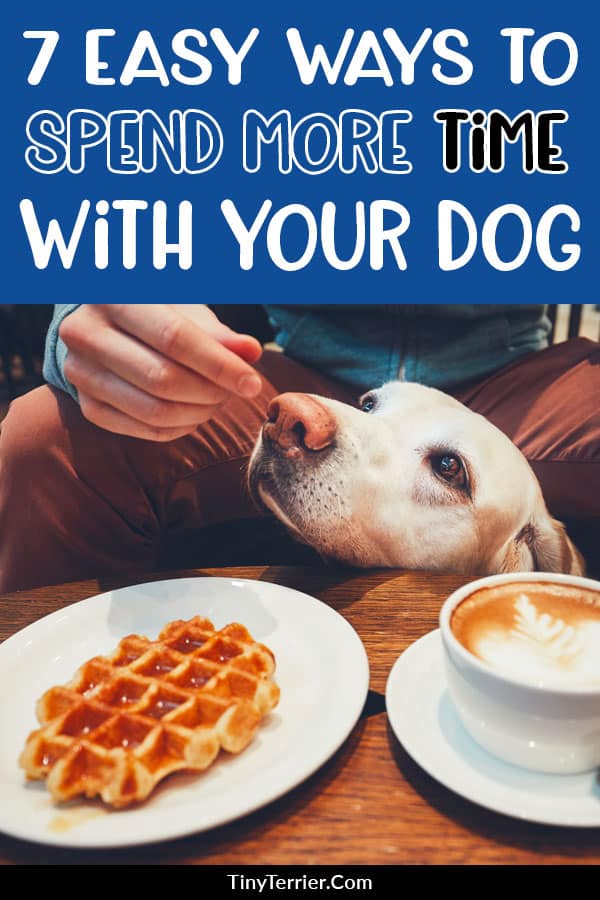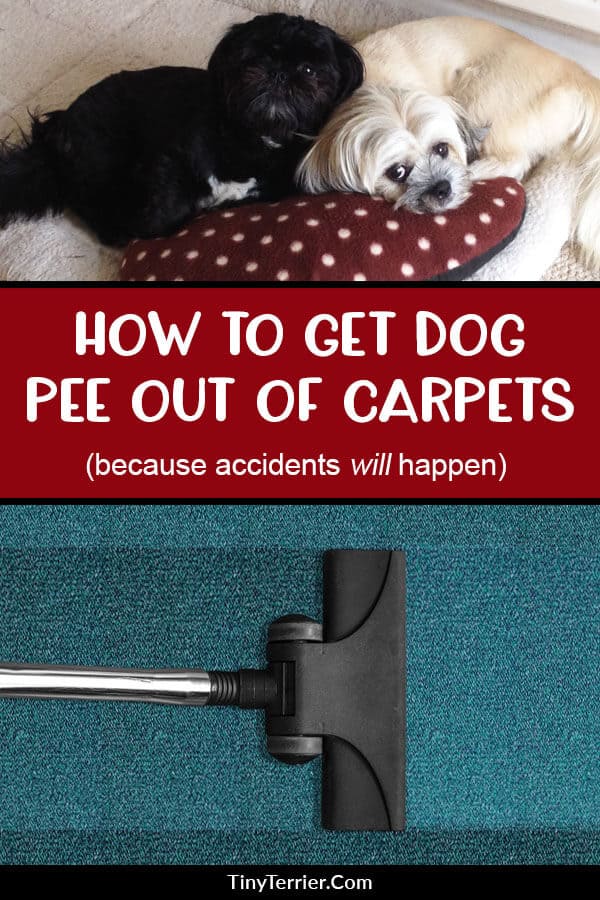What to do if your dog has fleas
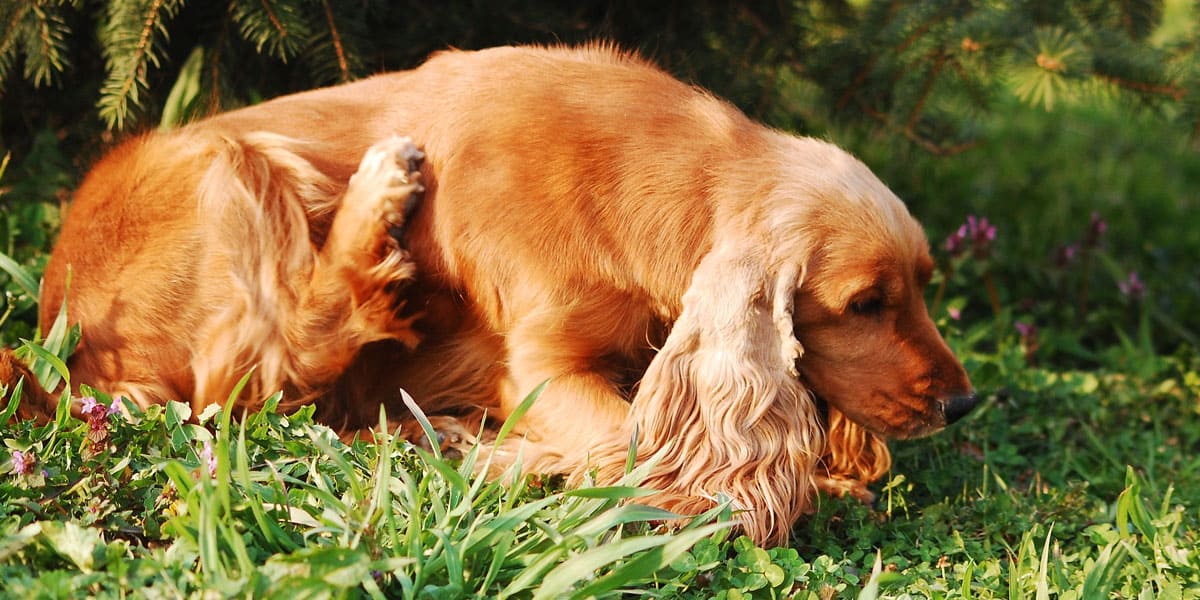
Published on October 9th, 2018
Fleas: a word that most pet owners will shudder at.
Fleas are a common issue and whilst you may feel dirty or that you have done something wrong, plenty of dogs get fleas from time to time.
So, how do you know if your dog has fleas, what can you then do to treat them and is there anything else that you can do to stop it happening in the future?
Let’s learn some more about fleas so that you can be prepared and ready to battle them if need be.
More about fleas
Dogs can come into contact with fleas from other animals or even just the environment that they play in and explore. A flea has incredibly strong back legs which means that as soon as they see a potential new host appear, they will launch themselves onto them.
A flea life cycle is short. It can be from anything as little as 12 days right up to 180 days. However, in the most part it can be anywhere from 3 to 6 weeks.
An adult flea will lay eggs at a rather alarming rate, with hundreds of small eggs being produced in just a few days. These eggs will fall off of your pet making their way onto carpet, bedding, soil and floorboards.
The larvae will hatch from the egg, eating the faeces of the adult fleas, as well as other organic matter and then spin themselves a cocoon. A flea larvae can stay in that cocoon for up to a year, waiting and waiting for the perfect conditions for them to hatch into.
What are the signs that your dog has fleas?
If your dog has fleas them the first thing that you will notice is that they begin to scratch and bit themselves more. This can lead to patches of fur being lost as well as skin that is irritated and sore. You may also spot the fleas or their dirt on the fur and skin of your dog as well as the places that they commonly lay down.
What can I do if my dog has fleas?
If you discover that your dog has fleas then you need to make sure that it is treated as soon as possible. You not only need to use a suitable flea treatment on your dog, but also on any other pets that live in your house too.
You also need to ensure that you treat your home too, as the larvae will hang around in carpets, flooring and beds or sofas which means that they can then hatch when you least expect it.
How can I prevent fleas in the future?
The best way to stop fleas from being a problem for you and for your pet is to prevent them from catching them.
It is important to buy flea control products (usually from your vet) as this will make sure that they are protected if they come across fleas in the future and make sure that they do not bring them into your house.

